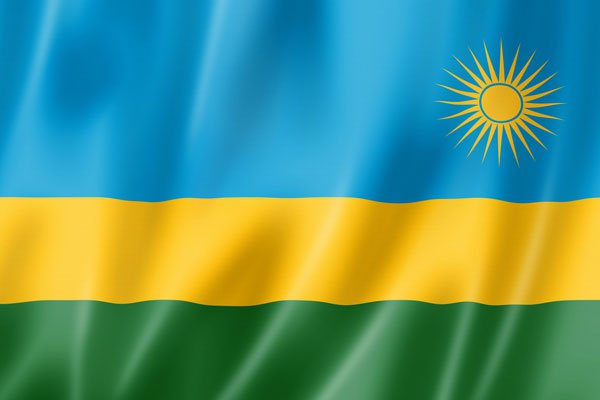BBC Africa’s “disproportionate and dangerous” dismissal of a journalist

Reporters Without Borders (RSF) condemns BBC Africa’s decision to fire a journalist over an interview about the Rwandan genocide that supposedly annoyed the Rwandan government. The dismissal was “disproportionate” and will help to intimidate journalists who tackle this controversial subject, including those outside Rwanda, RSF said.
Jacques Matand Diyambi, a Congolese journalist working at BBC Africa in Dakar, Senegal, was fired for “serious misconduct” as a result of his interview last November with Charles Onana, the Franco-Cameroonian author of a new book about the 1994 Rwandan genocide entitled “Rwanda, the Truth about Operation Turquoise.”
The letter Diyambi received from his editor notifying him of his dismissal, which RSF has seen, said BBC Africa had received a “complaint” about the interview from the Rwandan government accusing the BBC of being “unfair, biased and inaccurate” and reserving the right to “take sanctions” against the broadcaster.
But Rwandan minister of state for foreign affairs Olivier Nduhungirehe told RSF that his government “never formally complained” to the BBCabout the interview, adding that, “it’s an internal problem within this British media group.”
Asked about the existence and nature of the complaint, the BBCpress office told RSF that it did not “comment on matters related to its personnel” and that all of its journalists had to “respect the broadcaster’s strict editorial standards.”
“This decision is both regrettable and disproportionate,” said Assane Diagne, the director of RSF’s West Africa office. “If the BBC thought this journalist failed in his duty to be balanced, there were many other ways it could have told him this or got him to reflect other viewpoints, without imposing such a drastic sanction.”
Arnaud Froger, the head of RSF’s Africa desk added: “It is astonishing and dangerous that a reputedly independent international broadcaster caved in so easily to alleged pressure from the Rwandan authorities, especially as the BBC has itself been the victim of the extensive censorship that the Rwandan authorities enforce on all those straying from the official line. This decision contributes to the terrorization of journalists working on this sensitive subject and reflects a dangerous externalization of the Rwandan government’s policy of intimidating and suppressing independent journalism.”
Diyambi’s dismissal has triggered a wave of outrage. In Senegal, the Union of News and Social Communication Professionals (SYNPICS), in which Jacques Matand heads the BBC section, has accused the editor in chief of BBC Africa’s Senegal office of acting without thought for the consequences and of “failing to accept that she is ultimately responsible for everything that is broadcast.”
In Democratic Republic of Congo, where Diyambi is from, the president of the National Union of the Congo Press (UNPC), Boucard Kasonga Tshilunde, has threatened to issue a call to “all Congolese to stop listening” to the BBC and to all local media that retransmit BBCbroadcasts “to stop doing so.”
The BBC has been banned from broadcasting its very popular Kinyarwanda-language programmes in Rwanda since 2014, when it broadcast a TV documentary about the Rwandan genocide that the Rwandan authorities branded as “negationist” (genocide denial).
It examined the controversial theory that in 1994 then Rwandan rebel leader Paul Kagame (now the country’s president) may have had a role in President Juvénal Habyarimana’s death in a plane crash, an event that triggered the genocide in which more than 800,000 people died.
Rwanda is ranked 155th out of 180 countries in RSF’s 2019 World Press Freedom Index.
